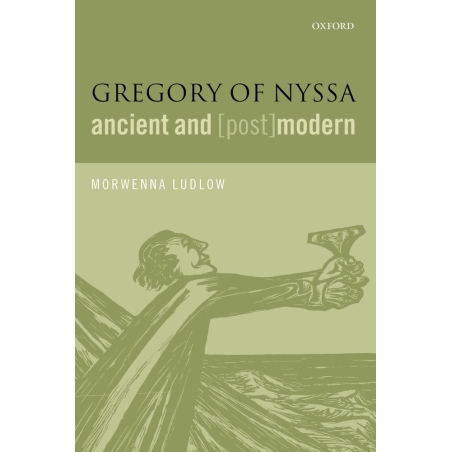The fourth-century Christian thinker, Gregory of Nyssa, has been the subject of a huge variety of interpretations over the past fifty years. Morwenna Ludlow analyses these recent readings, and asks: What do they reveal about modern and postmodern interpretations of the Christian past? What do they say about the nature of Gregory's writing?
CONTENTS
Introduction
I. The Doctrine of the Trinity
1 Historical and conceptual background
2 Philosophy and the Gospel
3 The social doctrine of the Trinity
4 Reading Gregory of Nyssa's Trinitarian theology
II. God Became Human for our Salvation
1 Christology
2 Salvation
3 Spirituality: perpetual progress in the good
4 The Christian life: ethics
5 Reading Gregory of Nyssa on Christ, salvation, and human transformation
III. Sex, Gender, and Embodiment
1 Introduction: feminism and the Fathers
2 Creation in the image of God
3 What is virginity?
4 Macrina: in life and in letters
5 Reading Gregory of Nyssa on sex, gender, and embodiment
IV. Theology
1 Apophatic theology as `reaching out to what lies beyond'
2 God and being, beings and language: Scott Douglass
3 The gift, reciprocity and the word: John Milbank
4 Returning to the Trinity
5 Reading Gregory of Nyssa on language, theology, and the language of theology
IV. Conclusions
1 Tradition, history and historiography
2 The interpretation of ambiguity: Chritsina theology and pedagogy


